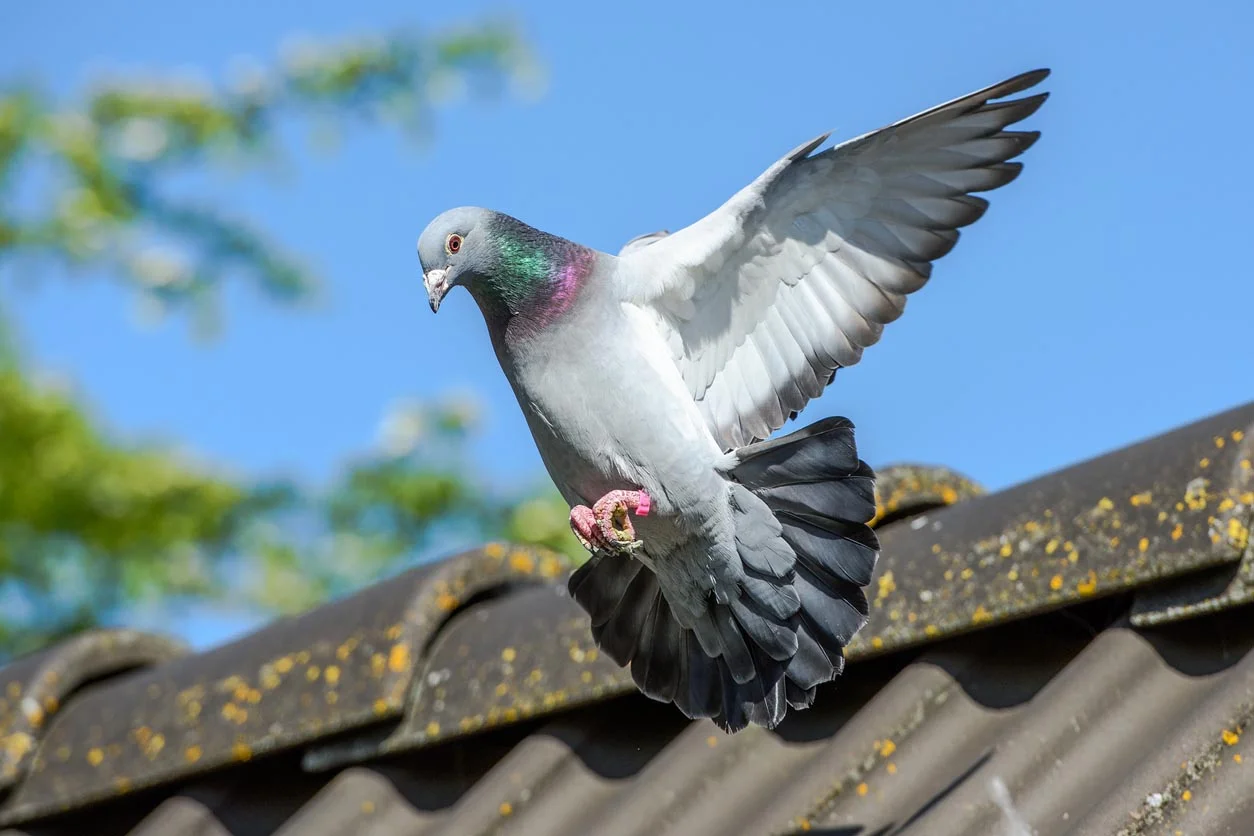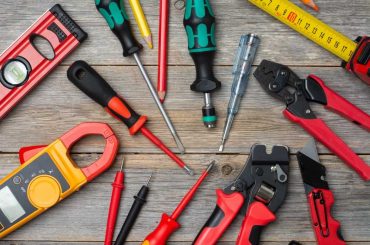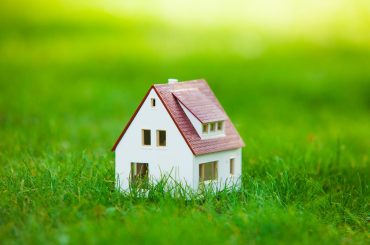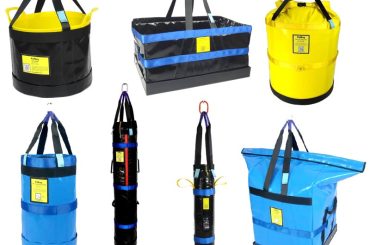Table of Contents
Solar panels are great solution for harnessing clean, renewable energy and reducing electricity bills. However, despite their cost-saving benefits there is one thing that solar panel installers don’t often mention: the unintended invitation they extend to birds, particularly wild pigeons.
Pigeons are drawn to solar panel installations in search for warm and shelter. However, as cute as this may sound, they can quickly turn a well-functioning solar system into a nesting and roosting ground. This in turn poses potential risks to the panels. And that’s not all. Once pigeons make a nest beneath your solar panels they probably won’t leave unless you take precautionary measures.
If you are suffering from a pigeon infestation under your solar panels this article is for you. Stick round to learn the various methods of pigeon proofing solar panels and why you should hire professional for the job.
Methods of Pigeon-Proofing Solar Panels
Wire Mesh Barriers
This is one of the most effective ways of preventing pigeons nesting under solar panels. It involves installing wire mesh barriers around the solar panels’ perimeter and other possible entry points. However, the mesh should be just the right size to let air circulate around the solar panels without letting pigeons squeeze through.
Bird Spikes
To prevent pigeons from landing and perching on solar panels, you can use bird spikes, which are deterrent devices. They are usually made up of plastic or stainless steel, and the rods are thin and pointed.
Installing bird spikes on solar panels makes them uninhabitable for pigeons to land on, which discourages birds from breeding or roosting there.
Visual Deterrents
Visual deterrents are also an effective pigeon proofing method. Visual deterrents exploit pigeon’s innate fear of predators and other threats. They make the pigeons feel unsafe, so they won’t roost or nest close to the solar panels. Visual deterrents often include patterns that evoke a feeling of danger or unpredictability, things that reflect light, or moving parts.
Bird Gel or Repellent
You can also coat your solar panels with a sticky material that discourages birds, called bird gel or repellent. It makes birds feel uncomfortable, which discourages birds from landing or perching on the solar panels.
Bird gels do not affect visual appeal of solar panels. They are transparent thereby invisible to the human eye. However, the gel wears off with time and especially in rainy and windy conditions. To maintain effectiveness, you have to reapply the gel periodically.
Ultrasonic Bird Repellents
Ultrasonic bird repellents are designed to keep pigeons and other birds away by releasing high-frequency sound waves. They’re often set up close to solar panels They’re usually installed near solar panels, emitting sounds birds find unpleasant but humans can’t hear. This drives birds to seek other locations other than the panels for nesting and roosting.
Why You Should Hire Solar Panel Pigeon-Proofing Experts
Protecting your solar panels from pigeons is an important part of ensuring that your system stays in excellent functioning condition. However, solar panels are often located in inconvenient and even hazardous locations, making bird removal a risky job. Pigeons are also disease-carriers and pose a health risk. That’s why it’s crucial to hire expert who are specialised in pigeon proofing solar panels.
Solar panel pigeon-proofing experts have the needed skills and materials to effectively bird-proof your solar panels. They’re also licensed to remove birds in a way that is both legal and ethical. Therefore, by hiring pros, you can protect your solar panel investment and avoid legal and health issues linked with pigeon infestations. You can rest assured that the work will be done in a safe, efficient, and professional manner.





